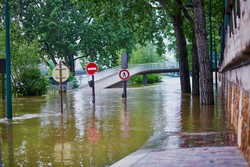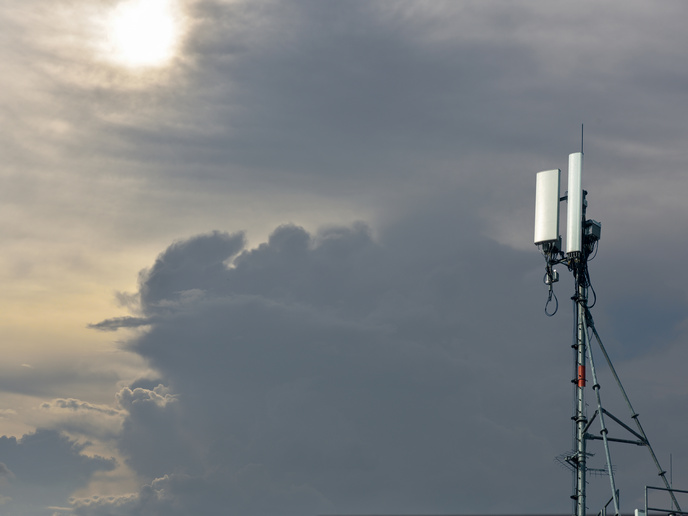Interpretation and attribution of extreme weather events
Event attribution requires large climate models to reliably simulate the climate conditions that generate extreme weather events, which by definition are rare. One particular challenge is the need for long-term meteorological observations to identify extreme events while also validating the model data on a case-by-case basis. The EUCLEIA(opens in new window) (European climate and weather events: Interpretation and attribution) project was established to provide reliable information about weather and climate risks by developing an event attribution system for Europe with the aid of the EU’s Copernicus Earth observation programme. Researchers set out to provide dependable and user-relevant attribution assessments on a number of timescales. These ranged from the immediate aftermath of extreme events to a seasonal and an annual basis. The capabilities of event attribution were evaluated according to test cases involving heat waves, cold spells, floods, droughts and storm surges. In-depth surveys of sectors responding to storm surges in the Baltic Sea region of Germany and to heat waves in the Paris region of France provided a detailed understanding of user requirements for two specific sectors. This was supplemented with wider discussions with a stakeholder panel involving representatives from a variety of different sectors and further research involving the media and the insurance sectors. Furthermore, the consortium developed a theoretical framework for linking extreme event attribution and approaches to risk governance and risk perception. It also investigated which types of weather and climate-related events require further research in order to support future developments of operational attribution systems. EUCLEIA has resulted in a clearer picture of the possible user needs for a future event attribution service for a range of different sectors. It also provided an improved understanding of the changing risk of extreme events and methods for assessing the reliability of event attribution assessments, thereby offering greater protection to EU citizens and their property.







